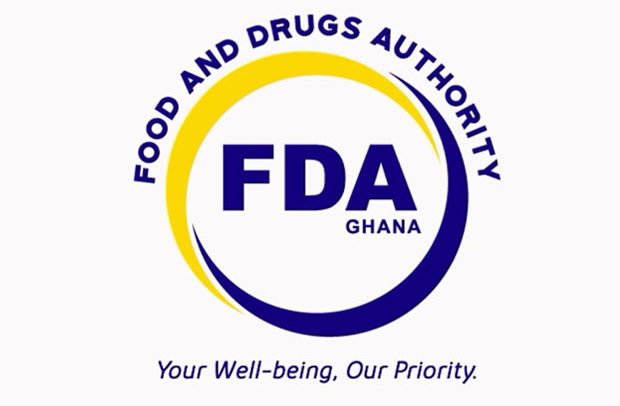The Food and Drugs Authority (FDA) has deployed a surveillance system to monitor online food vendors.
According to the Authority, the move has become necessary following the increased use of online platforms including social media by unlicensed vendors to sell food to the public, thereby evading regulation and monitoring.
The FDA made this disclosure at the commemoration of the 2024 World Food Safety Day on the theme, “Food Safety: Prepare for the Unexpected”.
The two-day event which included a conference and a food safety masterclass enjoined stakeholders in the food value chain to take responsibility for their food safety, highlighting that it is a shared responsibility.
Deputy Chief Executive Officer of the FDA, Roderick Daddey-Adjei, speaking with the media said with the surveillance system the Authority is able to observe the activities of the online food vendors and following them up to ensure they comply with the food safety and regulatory standards.
“Online businesses too we have got a surveillance system in place where we go online and we are picking up addresses and we are going after them.
We are educating them and a lot of them are responding correctly to what we are asking them to do,” he said.
Mr. Daddey-Adjei said those who do not comply are sanctioned appropriately, “So online as it is, is one of the issues we are dealing with,” he added.
He also urged Ghanaians to avoid purchasing food from street vendors who lack the necessary health permits and certification.
He explained that the public must check for permits as it goes a long way to ensure food safety and hygiene standards, protecting public health, and removing non-compliant vendors from the market.
“We are giving education and sensitising the street vendors. We are telling them that you need to have a health certificate, and this is where it also concerns the whole of Ghanaians. You must also ask them if they have the health certificate. When you also go, you have to check and see if they have what we call the street food vendor permit.
“It is something that they are supposed to stick. It has got a QR code on it. Don’t patronise food from those who don’t have it. It means that we don’t know where their food is coming from, and then some of them too they take forever to come out so we are driving people off the market to ensure that the right thing is done,” he stated.
The Food Safety Conference and Masterclass event was organised by the US Agency for International Development (USAID), through the Feed the Future Ghana Trade and Investment (GTI) Activity, in collaboration with the Food and Drugs Authority (FDA), World Food Programme (WFP), and Food and Agriculture Organisation (FAO) to commemorate World Food Safety Day.
The masterclass allowed participants to gain practical knowledge and skills in food safety management. Experts from USAID, FDA, Plant Protection and Regulatory Services Directorate (PPRSD), Ghana Enterprise Agency (GEA), and Ghana Standards Authority (GSA) shared their experiences and best practices on measures to protect humans, animals, and plants from diseases, pests, and other health risks in the food sector.
It also highlighted the implementation of the National Food Safety Policy and the safe use of pesticides, emphasising the need for continuous learning and improvement in this critical area.
This event is part of USAID and FDA’s ongoing commitment to supporting Ghana’s efforts to improve food safety, enhance trade and investment, and ensure the health and well-being of its people. USAID works closely with the Ghanaian government and other partners to strengthen the country’s food safety systems and create a safer, healthier food environment for all Ghanaians.
The event brought together 200 food safety and public health stakeholders, including government officials and international organisations, to discuss and share insights on improving food safety standards in Ghana. The conference emphasised the importance of preparing for unexpected challenges concerning food safety, the role of regulatory bodies in ensuring food safety, and the impact of food safety on trade and investment.
Participants engaged in discussions about safe food handling practices, empowering them to make informed choices. Recognising the significant role of consumers, the event aimed to raise awareness and promote active participation in food safety efforts.
World Food Safety Day, commemorated annually on June 7, aims to raise awareness about the significance of safe food and emphasise the crucial role of stakeholders in ensuring public health.
A Daily Guide Report


